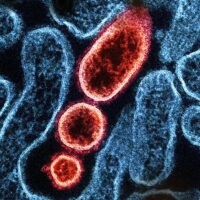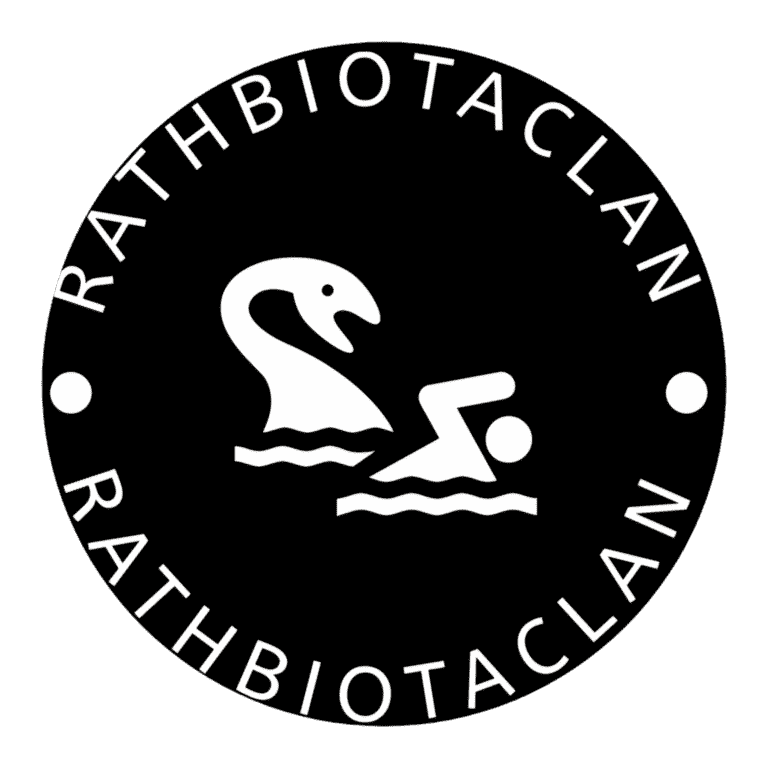Devastating Outbreak: Bee Colonies Struggle with American Foulbrood
Bee colonies across north-east England are facing an alarming crisis as they battle the worst outbreak of American foulbrood (AFB) in a decade.
This bacterial disease, fatal to bee larvae and devastating to entire colonies, has infected over 30 hives, according to the National Bee Unit (NBU).
American foulbrood spreads rapidly within colonies, necessitating the drastic measure of burning infected hives to prevent further contamination.
John Canning of the Cleveland Beekeepers Association emphasizes that once AFB is detected, eradication is the only viable solution.
The recent outbreak, centered near Guisborough with additional cases near Redcar, marks the largest since 2014. AFB’s spores, akin to anthrax, remain viable for up to 30 years, posing ongoing risks if equipment is not properly managed.
Historically introduced in the 1940s, rigorous policies mandating the destruction of infected colonies have reduced annual cases to fewer than 100. Despite these measures, caution prevails as AFB spores can persist in honey, warranting strict adherence to preventive measures.
Importance of Bees in Agriculture and Ecosystems
Bees play a vital role beyond honey production as primary pollinators of approximately three-quarters of the world’s crops, valued at €150 billion.
Their decline due to factors like pesticide use and urbanization threatens global food security and biodiversity.
Bees play a crucial role in both agriculture and ecosystems, serving as vital pollinators that contribute significantly to biodiversity, food production, and environmental stability. Here are some key points highlighting their importance:
Pollination
Bees pollinate a wide variety of crops, including fruits, vegetables, and nuts, contributing to approximately one-third of global food production.
Effective pollination by bees enhances crop quality, leading to larger and more uniform fruits, vegetables, and seeds.
Service To Ecosystem
By pollinating wild plants, bees support diverse ecosystems and help maintain plant species diversity.
Bees are integral to the food web, providing food sources for other wildlife, including birds and mammals.
Benefits
Pollinated plants contribute to carbon sequestration and soil fertility, enhancing overall ecosystem health.
Bee activity contributes to habitat creation and maintenance, supporting a range of flora and fauna.
Health Benefits of Bee Products
Bee products, including honey, bee pollen, propolis, and royal jelly, offer a range of health benefits due to their unique composition and features:
Honey:
Rich in antioxidants that help combat oxidative stress and inflammation in the body.
Contains antibacterial properties and promotes wound healing when applied topically.
Soothes sore throats and suppresses coughs due to its thick consistency and antimicrobial properties.
Bee Pollen:
High in vitamins, minerals, proteins, and lipids, providing a potent nutritional boost.
Supports energy levels and enhances endurance due to its high nutrient content.
May have anti-inflammatory effects, benefiting conditions like arthritis and other inflammatory disorders.
Propolis:
Known for its antimicrobial properties, aiding in fighting infections and boosting immune function.
Helps reduce inflammation and support healing processes, particularly in oral health.
Royal Jelly:
Contains proteins, vitamins (particularly B vitamins), minerals, and fatty acids essential for overall health.
Supports skin health and may have anti-aging properties due to its collagen-stimulating effects.
Enhances immune function and may help combat infections.
Other Benefits
Local honey and bee pollen may alleviate seasonal allergies through gradual desensitization.
Honey and bee pollen can aid digestion and promote gut health, thanks to their prebiotic properties.
Honey and propolis may improve heart health by reducing blood pressure and cholesterol levels.
While bee products offer numerous health benefits, individuals with allergies to bee stings or pollen should exercise caution and consult healthcare professionals before incorporating them into their diet or skincare routine.
Economic Impact of Declining Bee Populations
The decline of bee populations has significant economic impacts:
1. Agricultural Losses: Bees are essential for pollinating crops like fruits, vegetables, and nuts. Their decline can lead to lower crop yields and reduced quality, impacting agricultural output and increasing production costs.
2. Economic Value: Globally, bee pollination services contribute billions of dollars annually to crop production. In the U.S., bee-dependent crops alone generate over $15 billion per year.
3. Industry Vulnerability: Industries reliant on bee-pollinated crops, such as almonds and berries, face economic instability. Reduced pollination can disrupt supply chains, leading to higher prices and potential job losses.
4. Global Trade Impact: Countries importing bee-pollinated goods may experience shortages or increased costs, affecting global food prices and trade dynamics.
5. Conservation Efforts: Efforts to protect bee populations include habitat restoration, reducing pesticide use, and promoting sustainable farming practices to ensure continued pollination services and economic stability.
NOTICE
The recent surge in American foulbrood cases serves as a stark reminder of bees’ vulnerability and their indispensable role in sustaining ecosystems and global agriculture.
Efforts to protect bee populations are crucial not only for preserving honey production but also for safeguarding food security and biodiversity on a global scale.
Engage with Us:
Stay tuned for more captivating insights and News. Visit our Blogs and Follow Us on social media to never miss an update. Together, let’s unravel the mysteries of the natural world.


















